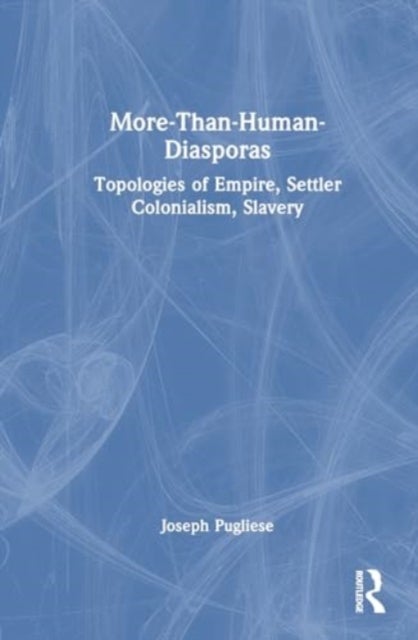
More-Than-Human Diasporas av Joseph (Macquarie University Australia) Pugliese
479,-
<p>Pugliese¿s<b><i> More-Than-Human Diasporas</i></b> breaks the confines of existing scholarship in its vision of the way that more-than-human diasporic entities¿such as water, trees, clay, stone and architectural styles¿have functioned as agents within the context of empire, settler colonialism and a largely effaced history of Mediterranean enslavement, a history that pre-existed and then coincided with the Atlantic slave trade. The book traces, for example, the diasporic travels of the eucalyptus from Indigenous Country to Joseph Banks¿ botanical collection in London and then onto a grand English-style garden in Southern Italy which was built on the historically effaced labour of enslaved people. </p><p>By deploying techniques of historical recovery, the book brings to light otherwise buried histories, thereby demonstrating the pivotal role of Mediterranean enslavement in the shaping of Italian society and culture. The book develops a topological understanding of cultural history to








